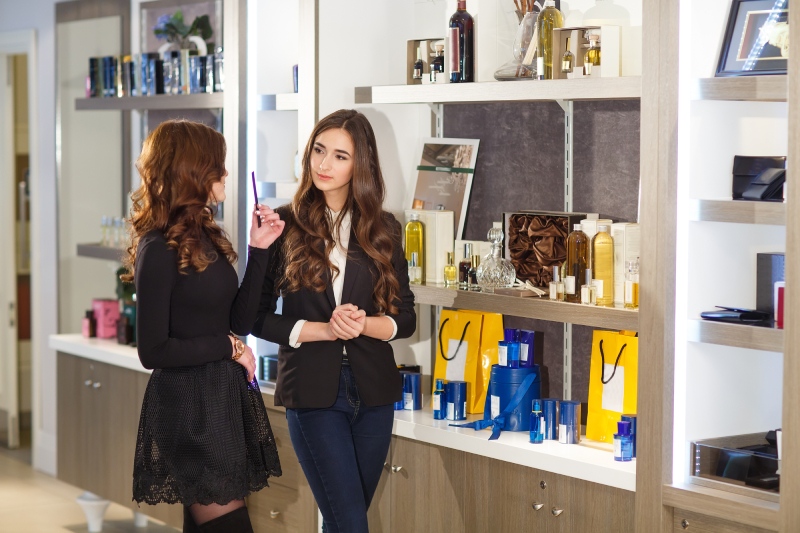One of the main objectives of hiring a mystery shopper company is to get honest, detailed feedback that can help you improve your service. In order to make meaningful changes in your services/shops, you need to discuss your mystery shopper’s findings with your staff and devise a strategy to point the way forward. This plan might involve all or some of the following: further training, instruction to encourage or enforce better compliance and performance, motivation, rewards, and brainstorming new processes or products. If you are wondering how you should go about telling your staff about a mystery shopper, here are some tips that will help.
In-person One to One
One of the best ways to tackle the issues raised by a mystery shopper’s report is to hold one-on-one discussions with your staff members. You may need to talk to your entire team one at a time, or just single out one or two individuals. If an employee hasn’t scored well, you need to explain to them why and coach them to help them improve their work. In the meeting, you can discuss ways to improve the customer experience and also allow the staff member to raise any questions or concerns they may have about the mystery shopper’s feedback.
When you receive your mystery shopping reports, they will clearly show the shift times, staff members name (if they are wearing a name badge) dates and venues, as well as the positive and negative points of the experience. This enables you to know exactly which of your team members was responsible for the experience in question. You can then forward the mail to the relevant person and add your own recommendations and feedback. If necessary, this could also potentially open the way for follow-up, in-person discussions.
Staff Meeting
Your mystery shopping reports may indicate that the positive and/or negative points are not attributable to individual staff members. You may need to call several team members, or the entire team, into a discussion in which you explain the report and discuss what needs to be done as a collective to address the issues.
Mystery shopper reports reflect your business’s current standing in terms of its ability to meet your customers’ needs. When the results are unfavourable, it is important to use the report as a positive opportunity to gain clarity about your business and take definitive steps to improve it. Use your mystery shopper report as a starting point to improve your customer experience and refine your training practices.
Customer Perceptions are leaders in market research solutions. With 27 years of experience, we have developed bespoke research solutions to help our clients to enhance their customer experience, gain insight into their competitors, increase customer retention, monitor standards and ultimately, increase sales and revenue.
Mystery shopping is one of the services we offer to help businesses assess their performance as retailers or service providers. If you would like to learn more about what mystery shoppers do, and advice on telling your staff about a mystery shopper and how to use your report for positive change and growth, contact us for more information.



